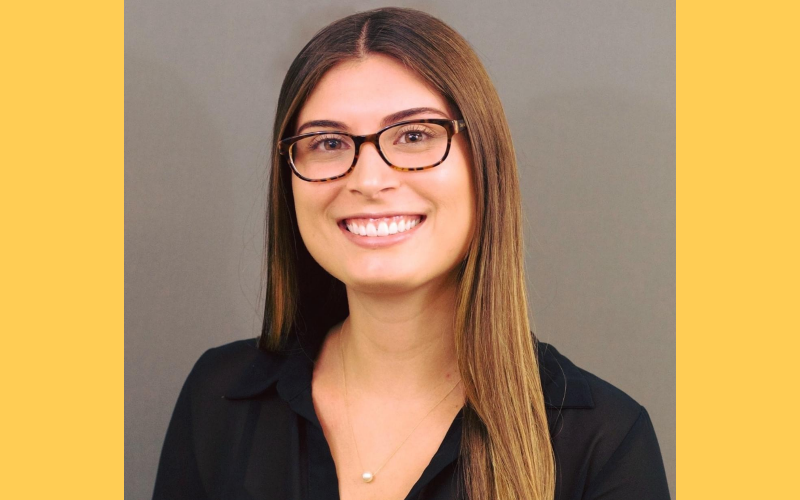MPH Student Evaluates Social Work Initiative Through New York’s Gun Violence Reduction Program

ALBANY, N.Y. (September 27, 2021) - MPH student Lauren Sebesta spent her summer as a full-time graduate research assistant, helping Associate Professor Melissa Tracy evaluate the implementation of New York State’s SNUG Street Outreach Program’s Social Work Initiative, an expansion of the SNUG evidence-based violence reduction initiative that seeks to coordinate strategies to reduce and prevent shootings and killings using a public health approach.
New York State’s SNUG Street Outreach Program operates in twelve communities throughout the state. Through this program, outreach workers have connected with high-risk youth to diffuse conflicts, prevent retaliation after shootings, and provide educational and employment opportunities—with the main goal of changing norms around violence in the community.
In recognition of trauma experienced by SNUG staff and participants, the Social Work Initiative was created to integrate highly trained clinical social workers and case managers at each of the SNUG sites, providing heightened support and trauma-informed care to both SNUG staff and participants.
Sebesta’s role as an evaluator was to assess the integration of social workers and case managers into the existing SNUG program. She developed data collection instruments for process and outcome evaluations of the program, as well as managed, analyzed, and produced visualizations of data using statistical analysis software.
“I am not only grateful for the wonderful learning experience this internship provided, but also for the opportunity to take part in an initiative which aims to improve the substantial public health problem that is gun violence,” Sebesta says.
Prior to working on the SNUG Social Work Initiative, Sebesta planned to pursue a career related to infectious diseases, but this opportunity pioneered her interest in a social behavior and community health leadership role. Now going into the second year of her Master of Public Health program, Sebesta plans on absorbing as much knowledge as possible and taking advantage of opportunities that would enable her to gain critical skills for this sort of position.
“The collaborative nature of my work with SNUG helped me recognize my passion for working closely with others to evaluate public health interventions, reduce the prevalence of risk behaviors, and ultimately promote and maintain the health of communities,” Sebesta shares.
_________________________________________________________________________________________________________
Note: This project is supported by a grant from the New York State Division of Criminal Justice Services. The points of view in this article are those of the author and do not necessarily represent the official position or policies of the New York State Division of Criminal Justice Services.


